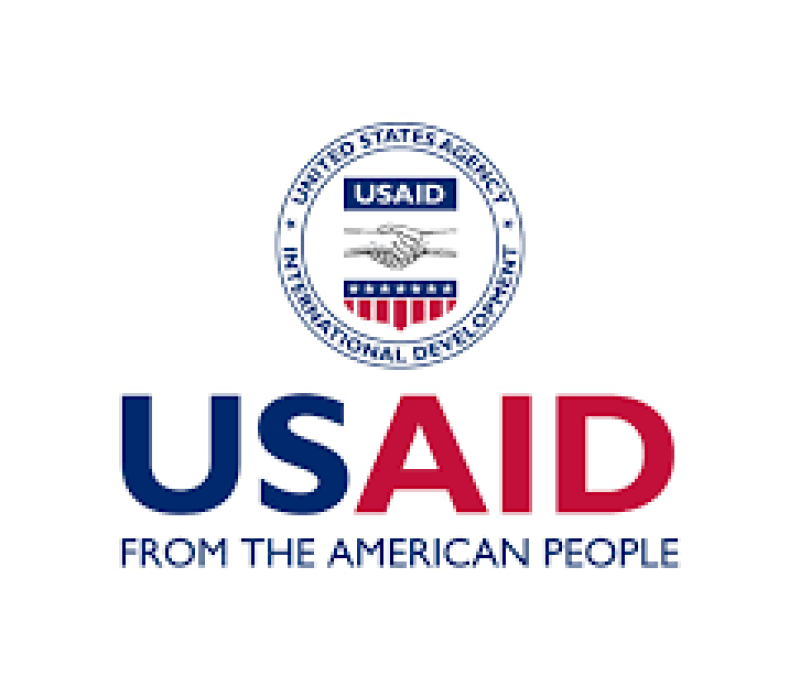- Nomination of Nagorik Oikya’s Manna, six others scrapped in Bogura |
- Bangladesh Gets Record $32.8bn Remittance in 2025 Year |
- Ctg Port’s historic milestone in 2025 container handling, revenue |
- NBR Probes Bank Records of 100 Exporters Over Bond Abuse |
- Hadi murder case: Sanjay, Faisal give ‘confessional’ statements |
Education Adviser Urges Expanded USAID Support

Primary and Mass Education Adviser Professor Dr. Bidhan Ranjan Roy Podder has called for increased cooperation from USAID during a meeting with Chargé d’Affaires of the US Embassy, Helen LaFave, at his office today.
During the meeting, they discussed various bilateral issues of mutual interest, with a focus on the ongoing “Shobai Miley Shikhi” (Everyone Learns Together) and “Esho Shikhi” (Let’s Learn) projects in government primary schools, both of which are supported by USAID, according to a ministry press release.
Dr. Podder emphasized the importance of training Master Trainers and teachers to ensure a comprehensive education system under the “Shobai Miley Shikhi” project, particularly in enhancing English language learning.
He also sought further assistance from USAID for the “Esho Shikhi” project, particularly in areas such as disaster management, sanitation, and motivational programs. Additionally, he requested more USAID support for future initiatives by the Ministry of Primary and Mass Education aimed at benefiting students.
Primary and Mass Education Secretary Farid Ahammad was also present at the meeting.
The “Shobai Miley Shikhi” project, supported by USAID, is currently providing training to Master Trainers and teachers in 5,000 government primary schools across 36 upazilas in 11 districts. This project is set to continue until April 2027. The “Esho Shikhi” project, which will run until 2026, is active in 10,048 government primary schools across 81 upazilas in 15 districts within eight divisions. Its primary focus is to maintain educational continuity in schools affected by disasters.

